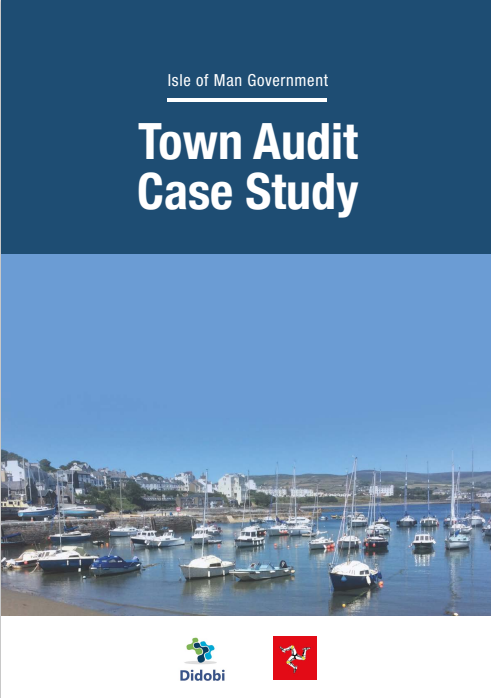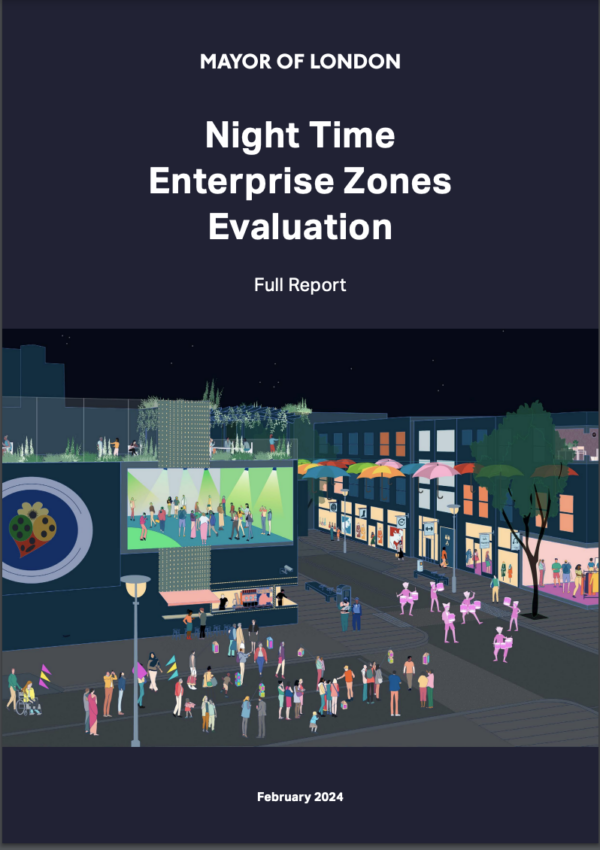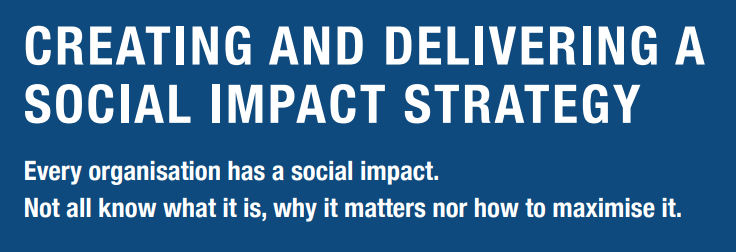
2019 – a year of fortune and luck?
2019 – The Year of the Pig
2019 will be the Year of the Pig according to the Chinese zodiac and starts on 5th February. It states that it will be a great year to make money and a good year to invest! Only time will tell but 2019 should be pivotal for a number of reasons in my view.
-
Technology know how.
The last decade since the iphone first launched has been a series of ‘firsts’, inventions and rapid evolution of technology which was supported by strong consumer adoption. 2019 is likely to be different as the rate of technological evolution slows, it is no longer about adoption of technology by consumers and there is a slowdown in take up of new technology where it is not a game changer. Apple’s profits warning today illustrates this on a global scale.

For the last five years there has been much talk, much investment and much confusion as to the role of technology in the world of retail. “Are physical stores still needed?” “Is the High Street dead?” “Machines will take over the world.” I believe that 2019 should be the turning point with regards the majority of businesses understanding the opportunity that technology and data brings to their business. The fundamentals of retailing be it in a store or online do not change. Consumers expect good levels of service and technology enables them to measure this as well as seek alternative suppliers when retailers fail to achieve this.
2019 needs to be the year where retailers and leisure operators focus on the life time value of their customers. The rush to acquire data on customers, the implementation of GDPR in response to the misuse of this data and the lack of real customer engagement and thus customer loyalty is a great opportunity that 2019 presents. Blindly believing that you have data on thousands of customers and that if you keep emailing general promotions and offers to them, they will love you is a serious misconception. Customers demand transparency and thus the opportunity lies with one to one engagement and not one to many. This is where behavioural economics comes into play and where technology is enabling new ways to engage and drive positive behaviours in people – economically, socially and environmentally.
-
Transaction points for goods and services.
The changes we have seen above fundamentally change how and where we now transact goods and services. This has a big impact on the traditional ‘shop’ locations that have built up over hundreds of years. This is especially significant in the hundreds of towns up and down the country. 2018 saw a second Grimsey Review and also a government led report led by Sir John Timpson (an experienced retailer) on the challenges that face Britain’s towns. Whilst the focus is often on retail these reports focused on the wider town and not just the high street which is an important differentiation. 2018 marked the year where Government appears to have truly recognised the scale of the issues faced by towns and the communities that live there. If we do genuinely believe in creating a better world for all with opportunity and involvement then towns are the basis of this infrastructure and therefore need support. Central and local government have to be innovative in their approach where money is in short supply but competing demands are great. The one area that remains outstanding and must be addressed by government is around retail property taxation – business rates!
Having a Vision, Strategy and Plan is fundamental to success and this is why in January 2019 Didobi is launching a Better Towns Aide-Memoire to assist towns in this critical task and has been working in 2018 with the Local Government Association. It is about building towns around communities through transparent communication and engagement.
“Tell me and I forget, teach me and I may remember, involve me and I learn.” Benjamin Franklin
-
Face the ‘brutal facts’.
There has been a decade now where the state of retail in the UK has been monitored using various methodologies and various data. Be it The Local Data Company’s vacancy rates or shop open and closure rates, Springboard and Ipsos’s footfall stats, The Centre for Retail Research’s retail company failure rates and jobs lost numbers or ONS’s retail sales numbers. The brutal facts of the changes taking place are now clear for all to see and their impact location by location is clearly apparent when you look at television footage of empty shops, deserted streets, people rough sleeping or ghost shopping centres. Since 2008 across Great Britain 6.5M Sq M of retail space has been added which is a +5% increase on the stock and we continue to add c.0.8M Sq M of retail space a year (Source Property Market Analysis) whilst at the same time we have seen 20% of retail sales go online. We have hollowed out many town centres by failing to redevelop them in favour of out of town retail parks and shopping centres and we continue to build low density housing away from transport or retail services infrastructure making people car dependant in a world where the environment is crying out for fewer cars.
2019 has to be the year where we grasp the nettle and recognise that one in three shops is surplus to market need and needs to have an alternative use. Planning and policy has to understand this and adjust accordingly based around the vision and needs of the town and its people.
-
Property and Company investment.
The last decade has seen fundamental changes in the investment market with regards real estate and retail/leisure companies. The turn of the Millenium saw investors from all round the world piling into UK property and companies. UK Pension obligations created significant inflows into the market and everyone was encouraged to invest into property as a safe and high yielding asset class. With a growing population, increased employment and growing consumer spend many Private Equity firms as well as other established operators bought into retailers and leisure operators in order to expand rapidly and take as much of this spend as possible and thereby increase the value of their asset or company significantly. Executives were incentivised on growth at all costs and not on profitability or sustainability. New company entities were created upon which new debt was laden and then traded. 2009 saw the last 800 Woolworths close and since then we have seen hundreds of companies fall into administration and fail with significant impacts on investors, towns, landlords and the communities that relied on the jobs. For over three years we have known that such growth was not sustainable be it burger restaurants, clothing retailers or shoe shops, yet those in positions of influence allowed it to happen and surely it must have been against their better judgement or were financial incentives driving behaviour and not business sense? We are therefore left with zombie companies, zombie shopping centres and disenfranchised communities who have suffered the consequences.
-
Housing
184,000 homes were built in England in 2016/17 which is well below the pre-recession peak of 200,000. The Chancellor, Philip Hammond, in November 2017 stated that in order to make homes affordable then we would need to build 300,000 homes a year in England! 2019 needs to be the year that we move from looking at the volume of housebuilding to the density of housebuilding where we redevelop existing towns and infrastructure to build mixed homes for different ages and affordability alongside other facilities such as education, medical, social, retail, entertainment, food and offices. Quality towns where people live work and play as they used to is what 2019 needs to be the start of. Creating acres and acres of low density and low quality housing is not the future and directly opposes our environmental commitments and ambitions when it comes to transport emissions.

-
Data
To date there has been a lack of structure, strategy and process in the data we capture, collate and then analyse. This is apparent across the private sector and public sector where the sheer volumes of data have been over whelming and the focus has been to capture it rather than ask what the question is or what objective we are trying to achieve by using data. There is an inherent lack of trust in data and the holders of data as the numerous data breaches have seen in 2018 along with the implementation of the GDPR legislation. 90% of the world’s data was created in the last two years alone and this increases by the month. There are many companies out there with technology or with data who will try and sell you their solution for a problem that you might not have or might not be solved by the product or service you buy – be warned as there are many ‘black box’ models out there proclaiming many things of which very few can be proved!
2018 saw miles of headlines around machine learning and artificial intelligence and how it will change the world and the role of humans within it! Proceed with caution as this is nothing new but what is new is that we now have the volume of data and computing power to make great progress. It is therefore not about machines taking over the work but about humans and machines working together as they did on 20th July 1969 when the first man landed on the moon. It is about augmented intelligence and not artificial intelligence. Augmented intelligence being the enhancement of human intelligence through using machines rather than the replacement of human intelligence.
The interesting opportunity for data in 2019 is creating positive impact be it in medicine or other sectors that over-burdened currently to how we train and educate current and future generations no matter what their age or location is. Consumers have a great opportunity here to trade their data in return for agreed value and this can be both economic and social. There are also great opportunities for property and retail businesses to rationalise their data to provide a dynamic and highly visual view on their asset or business in the way that stock markets do. Multiple datasets on multiple platforms is not the way forward and increases complexity, the opportunity of misunderstanding, increased reporting burdens and increased costs in staffing and skills.
So, let’s hope that 2019 is the year where we respond to the ‘brutal facts’ and leverage the data and technology that will allow our people, companies and places to achieve more than we thought possible in 2018.
Happy New Year and the Didobi team look forward to working with you to realise the opportunities that are available to you as a business or a place!







Leave a comment: